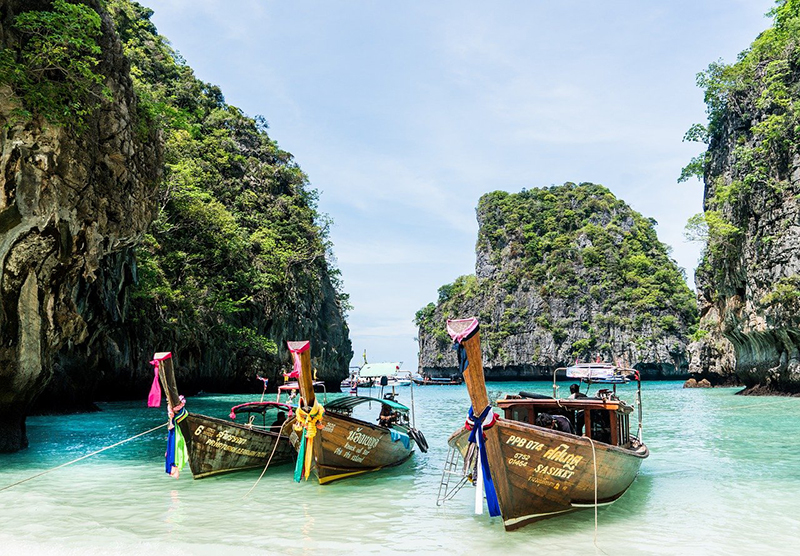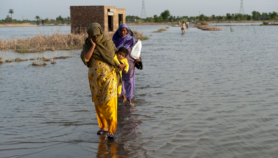27/09/20
Warming can affect tourist arrivals in Indonesia

By: Sanjeet Bagcchi
Send to a friend
The details you provide on this page will not be used to send unsolicited email, and will not be sold to a 3rd party. See privacy policy.
[NEW DELHI] Every one per cent increase in temperature and relative humidity in Indonesia is associated with a decrease in international tourist arrivals by 1.37 per cent and 0.59 per cent, respectively, according to a new study.
Globally, climate change has impacted tourism, a sector important to the economies of several countries, according to the study published September in the Journal of Cleaner Production. The study was based on data collected from Indonesian provinces favoured most by international tourists travelled during 2008— 2018.
“A country with temperature and humidity rise might observe a negative impact of climate change on [tourist] numbers but it doesn't mean [that] a country with hotter and wetter weather gets fewer tourists than other countries”
Xinzhu Zheng, China University of Petroleum
“These findings [will help] develop novel insights for climate change adaptation for policymakers and the tourism industry in Indonesia as well as in other warm destinations,” the researchers wrote in the study.
In 2019, 16.11 million international tourists from various countries, including Australia and China, visited Indonesia, according to the official data, a figure slightly higher than in 2018 (15.81 million). With respect to foreign arrivals in prominent Indonesian tourist spots, the data suggests that in 2019 (as compared with 2018), Jakarta had a 14.05 per cent decrease in the number of international tourists. However, Indonesia’s Bali island, famed for its beaches, Hindu temples, and terraced rice fields, showed a minor (3.55 per cent) increase in international tourist numbers.

Beach in Bali. Photo credit: Peggy und Marco Lachmann-Anke on Pixabay.
Xinzhu Zheng, an author of the study and assistant professor at the School of Economics and Management, China University of Petroleum, Beijing, tells SciDev.Net that the negative correlation between temperature, humidity and tourist arrival is possible because higher temperature worsens climate comfort in an island country with tropical weather.
According to Zheng, this finding does not stand up to cross-country comparison. “In other words, a country with temperature and humidity rise might observe a negative impact of climate change on [tourist] numbers but it doesn't mean [that] a country with hotter and wetter weather gets fewer tourists than other countries.”
Cross-country comparison, is affected by many factors, says Zheng. “For instance, although Thailand is hotter and more humid than Indonesia, its distinct features on its national attractiveness and geographical location may be the most prominent factors contributing to the number of international tourists.”



Phuket in Thailand. Photo credit: Michelle Maria on Pixabay.
“The study is significant in that it reinforces the debate on the adverse impact of anthropogenic-driven [caused by humans] global warming on one of the most sensitive economic sectors, the tourism industry [if we are to go by the latest findings],” says Kaitano Dube, an ecotourism management lecturer at the Vaal University of Technology, Gauteng, South Africa. He tells SciDev.Net that close attention needs to be paid on the impact of global warming on tourism market at various destinations.
According to Arsum Pathak, a graduate teaching associate at the School of Geosciences, University of South Florida, US, these findings are crucial as it show that shifts in tourism patterns can be caused even by incremental changes in temperature and humidity.“With global temperatures likely to increase even with best-case scenarios, climate change is no longer a distant risk for tourism businesses in island countries,” she tells SciDev.Net.
This piece was produced by SciDev.Net’s Asia & Pacific desk.













